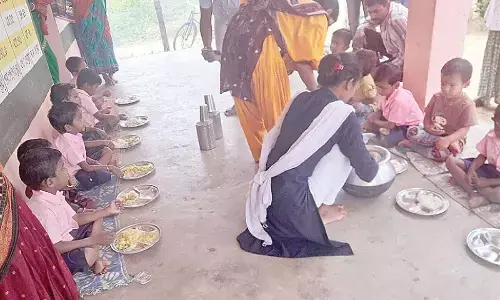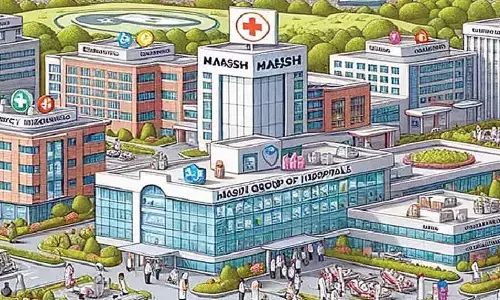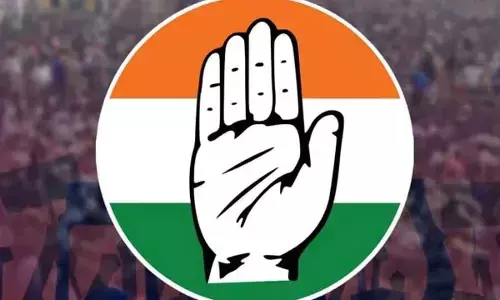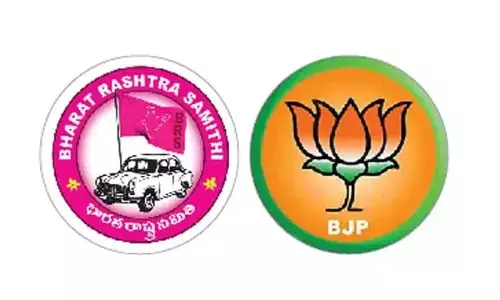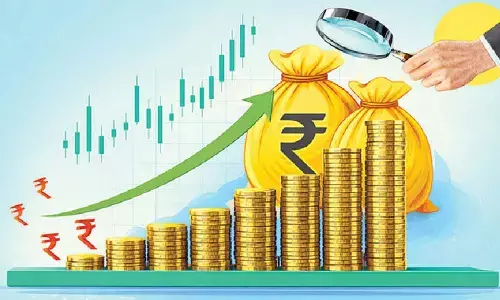Kumbh Mela 2025: A Divine Journey Turned into a Nightmare?
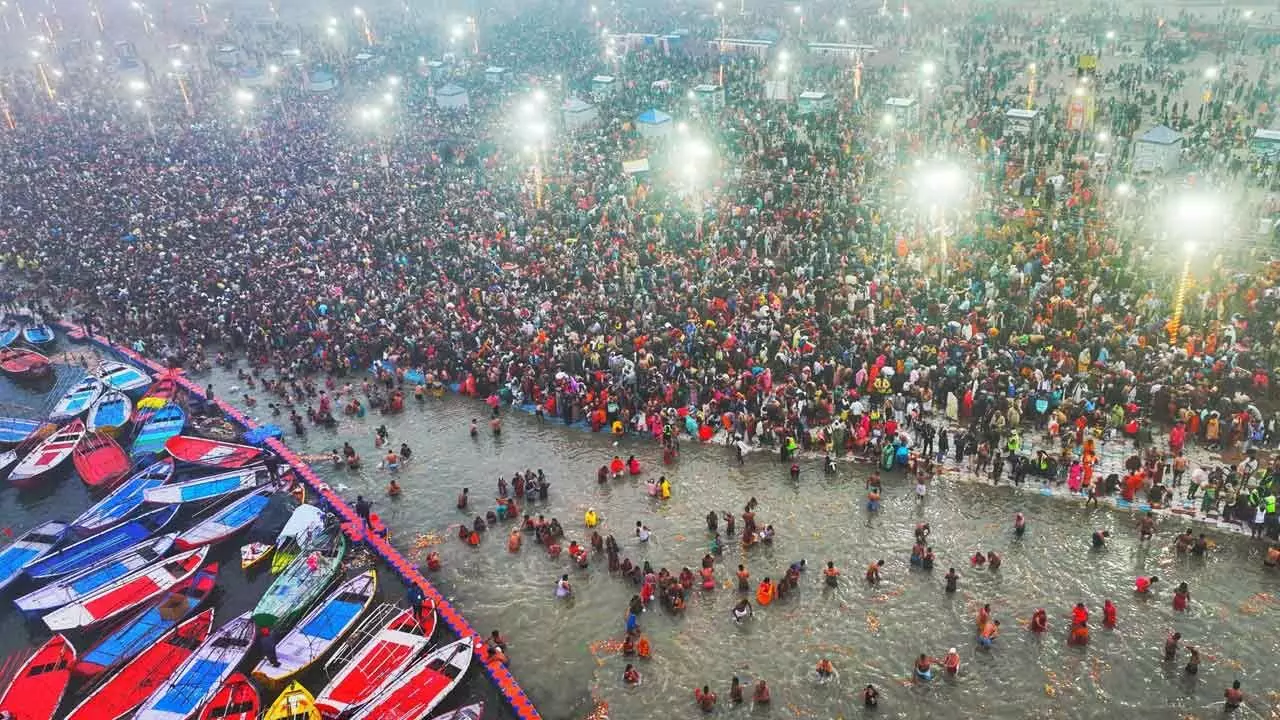
The Kumbh Mela, one of the world's largest religious gatherings, should have been a moment of spiritual fulfillment and devotion for millions of pilgrims. However, the event was marred by severe mismanagement, lack of basic amenities, and negligence, leaving visitors frustrated and disheartened.
Unhygienic Sanitation Facilities
Sanitation was one of the biggest concerns during the Mela. The bio-toilets installed lacked proper maintenance, with no cleaning staff in sight. Visitors often encountered unsanitary conditions, including already defecated toilet boxes without any space for further use. The absence of water connections inside the toilets further added to their misery. Pilgrims had to carry their own water bottles for cleaning, yet finding a water source nearby was another challenge. This lack of hygiene posed serious health risks, especially for senior citizens, women, and children.
Exhaustive Walking with No Transport Facilities
Pilgrims were forced to walk long distances due to the unavailability of official transportation. Despite the overwhelming crowd, no auto-rickshaws or bike services were provided. While police personnel and officials had access to transport facilities such as horses, bikes, and vans, ordinary devotees had no such privilege. The exhausting journey discouraged many, forcing them to return without taking the holy dip.
Lack of Drinking Water & Medical Facilities
Basic amenities like drinking water were also missing. Expecting water within a few kilometers of the Sangam Kshetra seemed like a joke. No health camps or medical facilities were visible, leaving the pilgrims vulnerable to dehydration and other health issues. Additionally, no signboards were installed to guide visitors to toilets or emergency medical centers.
Volunteers Missing in Action
Hindu organisations like RSS, VHP, and Bajrang Dal, known for their volunteer efforts during crises, were notably absent. These organisations have played crucial roles during national emergencies, demonetisation, and the COVID-19 pandemic. Their absence raised questions—would they have criticised the government if the ruling party was different?
Pilgrim Woes in Other Holy Sites
The disorganization extended beyond Kumbh Mela, affecting other sacred sites like Kashi and Ayodhya. Devotees in Varanasi and Ayodhya faced endless queues, some stretching over 10 kilometers, making their pilgrimage a test of endurance rather than devotion.
Injustice in Train Travel
The chaos continued even in transportation. Visitors from various states, including Bihar, Madhya Pradesh, and Rajasthan, forcefully occupied train compartments, including AC coaches, regardless of their ticket status. This caused extreme discomfort for legitimate passengers, especially when trying to access washrooms. Railway officials and ticket collectors, who usually enforce strict rules, turned a blind eye to these violations.
A Total Failure in Crowd Management
Police presence was inadequate and ineffective. Their primary role seemed limited to blowing whistles and waving hands to push the crowd forward, without providing any real assistance or guidance. Their inefficiency left visitors in confusion and distress.
No Words of Praise from Visitors
Not a single returning pilgrim had praise for the arrangements. Instead, the chaos, lack of facilities, and poor administration became the key talking points. Adding to the dismay was the widespread sight of people, including locals and police personnel, chewing gutkha and spitting in public places, further degrading the environment.
The grandeur of the Kumbh Mela was overshadowed by the glaring failures of the administration. While the efforts of the government are acknowledged, they must recognize that the real measure of success is not just in managing massive crowds but in ensuring their well-being and dignity. The Kumbh Mela should have been a divine experience, but for many, it became a tale of suffering and disappointment.
("The writer is a pilgrim who visited Prayagraj, and the views expressed are personal.")


